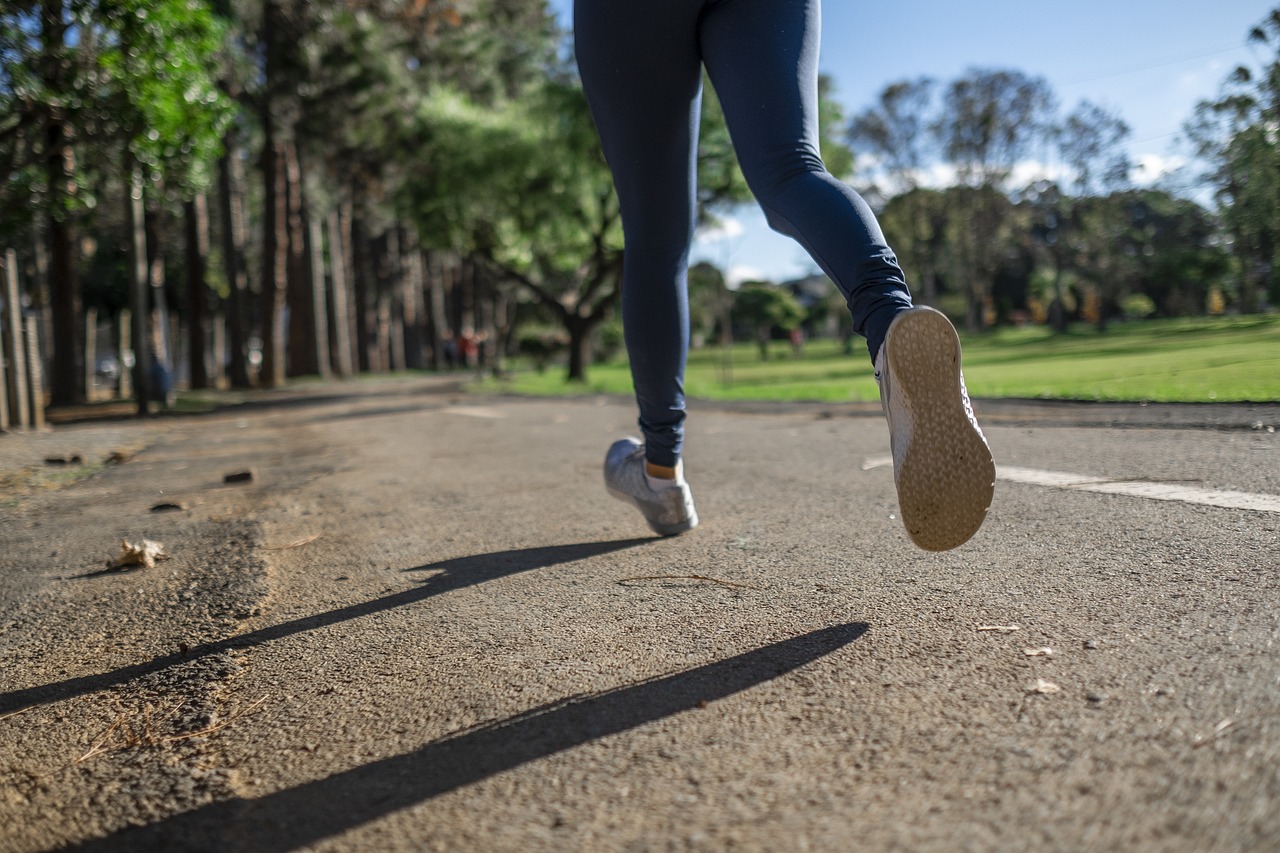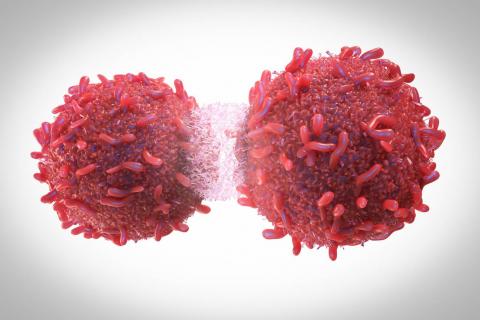Reactions: healthy lifestyle reduces risk of relapse and increases survival in patients with operable breast cancer
A study published in JAMA Network Open has followed 1,340 women with high-risk operable breast cancer. Analysing their lifestyles before, during and after treatment, the researchers conclude that those who followed a healthier pattern - including physical activity, no smoking, high fruit and vegetable intake, and low consumption of meat and sugary drinks - had a 37% lower risk of relapse and a 58% higher chance of survival than those who followed a worse pattern. Although the improvements in absolute risk were much smaller, the authors conclude that "lifestyle interventions may be a safe, inexpensive and feasible adjuvant strategy to delay and prevent recurrence and death from the world's most common cancer".

Martín - Mama estilos (EN)
Miguel Martín
Head of the Medical Oncology Department of the Gregorio Marañón Hospital and president of GEICAM
It is a study of reasonable quality, with appropriate follow-up.
There is growing evidence that lifestyle factors such as exercise, alcohol consumption, diet and overweight influence the outcome of women with operable breast cancer. This study adds information along the same lines.
It is in the range of what is achieved with the usual therapies (chemotherapy, endocrine therapy, target therapy), which is considered clinically relevant and socially important, given that every year more than two million women are diagnosed with breast cancer worldwide (35,000 in Spain). Given that the effects of treatment and lifestyle add up, the overall improvement is already significant. Moreover, adhering to these recommendations not only generates benefits in relation to breast cancer, but could reduce the risk of other tumours (such as uterine and colon-rectum) and positively affect cardiopulmonary and metabolic health.
Borràs - Mama estilos (EN)
Josep M. Borràs
Scientific coordinator of the National Health System Cancer Strategy, director of the Catalan Oncology Plan and Professor of Preventive Medicine and Public Health at the University of Barcelona
The article is excellent and very well designed, with a seven-year follow-up to accurately assess the impact and reach solid conclusions. It can definitely go a long way in highlighting the importance of lifestyle on the likelihood of survival in women treated for breast cancer.
It confirms previous recommendations, but greatly strengthens the available evidence thanks to its design.
The benefits at the individual level are relevant, but modest [taking into account absolute risk]. However, considered as a group of patients, it has a high impact. And, in any case, performing these behaviours of better diet and physical exercise has very positive consequences on the quality of life of the women affected.
Cannioto et al.
- Research article
- Peer reviewed
- Non-randomized
- Observational study
- People



